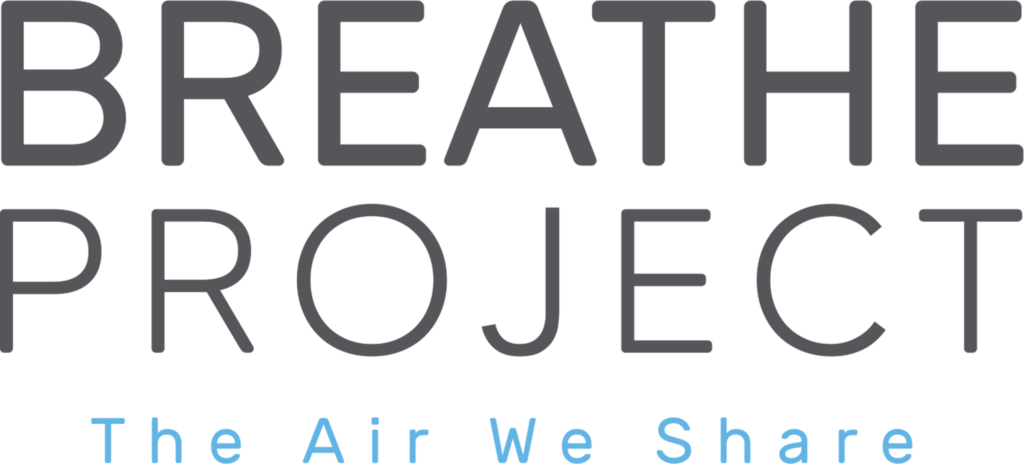I want my lights to turn on when I flip the switch. I want family-sustaining, union jobs across Pennsylvania. I want vibrant Main Streets in our communities. These priorities depend on robust and sustainable energy and economic development strategies, and a long-term vision for the future of our commonwealth — not myopic policies that amount to little more than corporate giveaways.
House Bill 1100, sponsored by state Rep. Mike Turzai, passed through the House and Senate with broad bipartisan support. This bill would provide billions in tax incentives to companies looking to build out the petrochemical industry in Pennsylvania. This is a disastrous plan for our commonwealth. Courting petrochemical development with no plan to recoup that investment pits our public health, public dollars and public goods against short-term private profits for a select few multinational corporations. This plan pits the possibility of jobs against the reality of known human and financial costs.
Pennsylvania’s Department of Revenue estimates that the tax credit program outlined in HB 1100 will cost approximately $22 million in public dollars per plant per year until 2050 — a staggering cost-to-plant ratio. In Allegheny County, the cost-to-job ratio is even more alarming: According to Shell, the cracker plant in Beaver will support 6,000 construction jobs at the peak of work, but will only lead to a possible 600 permanent jobs. Each of these jobs costs $2.75 million in subsidies — money that could have sustained many more families currently struggling to make ends meet in our communities. Imagine how many workers we could employ with that level of investment in rebuilding our crumbling roads and bridges, replacing lead pipes, and repairing bus-swallowing sinkholes.
We don’t need a crystal ball to see what happens next: Louisiana also offered compelling tax incentives and subsidies to the natural gas and petrochemical industry on the promise of jobs while rolling back environmental protections. Now, their residents in frontline communities face a cancer risk 50 times higher than the national average. I see the heartbreaking reality of what this industry has cost us already: I’ve gone to Washington County and met with parents who lost their children to rare childhood cancers and families who have watched the value of their homesteads plummet.
In Pennsylvania, whether we live in the shadow of these plants or we live downstream, we’re paying for the privilege of being poisoned. Air quality issues and water contamination don’t recognize borders or county lines.
I want to see the books on this proposal. Where is the ledger that shows the full costs of this investment? I want to see the line items that indicate the losses to individual and municipal property values, the costs to maintain and repair our crumbling infrastructure exacerbated by heavy transport and climate change. I want to know in dollar amounts how the air quality and emissions of the cracker plant will impact our agricultural and tourism industries, how we will pay for a shrinking workforce we can’t replace by enticing new residents to move here. I want to see exactly how much we’re willing to pay in health care costs as more and more of our children spend air quality action days in emergency rooms.
Perhaps most disheartening is that this is all to make plastics. The petrochemical and plastics industry is riding to the rescue of the dwindling oil and gas industry. We’ve been asked to put our health and economic well-being on the line to prop up a dwindling post-boom industry with its last-ditch efforts to shift to ethane extraction and plastics production. We are burying ourselves in plastics: My cash-strapped municipalities can’t afford to process or recycle the waste streams as is.
We need coordination, clarity and transparency on the true costs of subsidizing these industries and operations. We need a commitment from our public officials to protect our health and promote true prosperity.
I’m fighting for the people I have the honor to represent. I’m fighting for teachers, home health care workers, janitors and bus drivers. I’m fighting for servers, day care providers, librarians and Lyft drivers. The jobs in our communities must be family-sustaining; our neighbors must have democracy and protections in their workplaces. No job can be a good job if it requires our state and our families to mortgage their health and financial future to create them.
The last thing we need is another destructive boom-and-bust cycle in our communities. We don’t need decades of more complex clean up at industrial sites and contaminated watersheds. We’ve already spent tens of billions of public dollars cleaning up after the coal industry.
We need to take a long, hard look at the way we socialize risk and privatize profits in Pennsylvania. The numbers don’t add up, and our communities will be left footing the bill.

